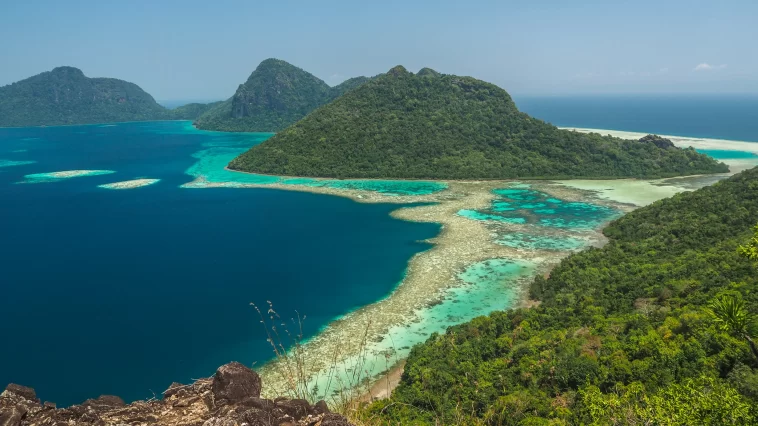Indonesia moving capital: Jakarta is congested, polluted, earthquake-prone, and sinking swiftly into the Java Sea. Now, the government is in the process of departing, relocating the capital of Indonesia to the island of Borneo. The new city, according to Indonesian officials, will be a “sustainable forest city” “This development plan prioritises the environment and seeks to be carbon-neutral by 2045.
But environmentalists warn that the capital will result in enormous deforestation, endanger the habitats of endangered species like orangutans, and threaten the homes of Indigenous communities.While access to the site of the new capital is typically restricted, the Associated Press was permitted to tour portions of the site in early March to observe construction progress.
Here is a look at why the capital is moving, the government’s plans, and why activists are concerned about how the relocation will affect the local environment, endangered species, and Indigenous communities.
Why is Indonesia moving its capital?
About 10 million people reside in Jakarta, and three times that number populate the greater metropolitan area. It has been described as the city that is sinking the fastest in the world, and at the present rate, one-third of the city could be submerged by 2050. The primary cause is unchecked groundwater extraction, but climate change has exacerbated the problem.
President Joko Widodo envisions the construction of a new capital as a remedy for the problems plaguing Jakarta, reducing its population and enabling the nation to begin anew with a “sustainable city.”
How will the new Capital look?
Widodo’s proposal to establish the city of Nusantara — an old Javanese word that means “archipelago” — will require the construction of brand-new government buildings and housing. Initial estimates indicated that more than 1.5 million civil servants would be relocated to a city located approximately 2,000 kilometres (1,240 miles) northeast of Jakarta; however, ministries and government agencies are still finalising this figure.
The head of the Nusantara National Capital Authority, Bambang Susantono, stated that the new capital city will implement the “forest city” concept, with 65 percent of the area being reforested.It is anticipated that the city will be inaugurated on August 17, 2019, to coincide with Indonesia’s Independence Day. Authorities of the new capital estimated that the final phases of the city will not be completed until 2045, the centennial of the nation.
Why do environmentalists express concern?
However, sceptics are concerned about the environmental impact of constructing a sprawling 256,000-hectare (990-square-mile) city in Borneo’s East Kalimantan province, which is home to orangutans, leopards, and numerous other species of wildlife.
Forest Watch Indonesia, an Indonesian non-governmental organisation that monitors forestry issues, cautioned in a November 2022 report that the majority of the forested areas in the new capital are “production forests,” meaning that permits could be issued for forestry and extractive activities that would result in additional deforestation. According to the report, the protection status of the remaining natural forests in the new capital city location was previously uncertain.
What are the effects on indigenous communities?
As the construction site expands, it is anticipated that additional villages will be uprooted, displacing at least five villages containing more than 100 Indigenous Balik people.The government stated that the new capital has the support of local community leaders and has compensated individuals whose land is being used to construct the city.
Also Read | Indian degrees to be recognised in Australia; PM Anthony Albanese
But Sibukdin, an Indigenous leader who, like many in the country, goes by one name and resides in Sepaku, a ward very close to the construction site, stated that community members felt compelled to accept the money offered by the government without understanding how compensation is calculated or whether it was fair.




